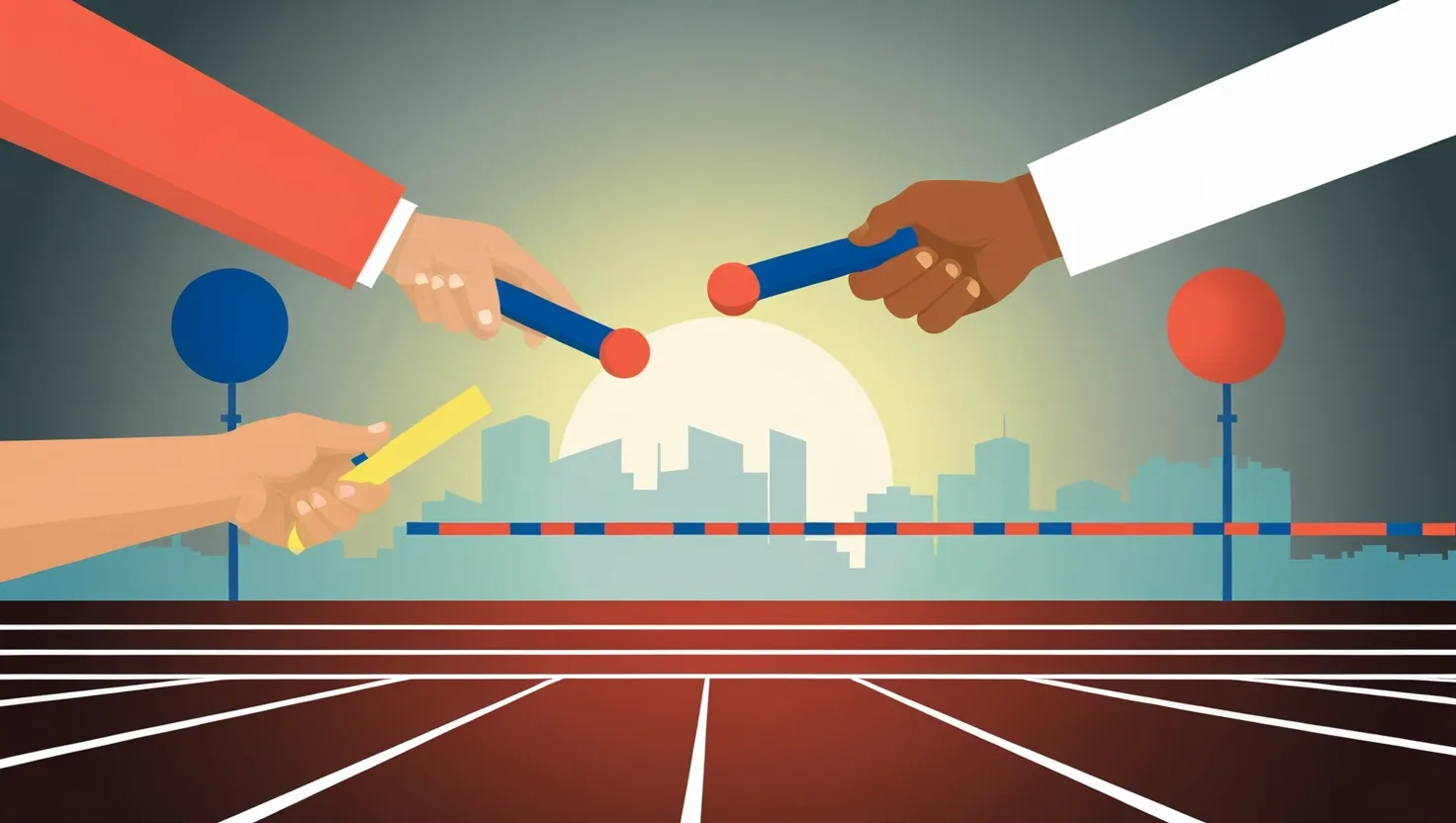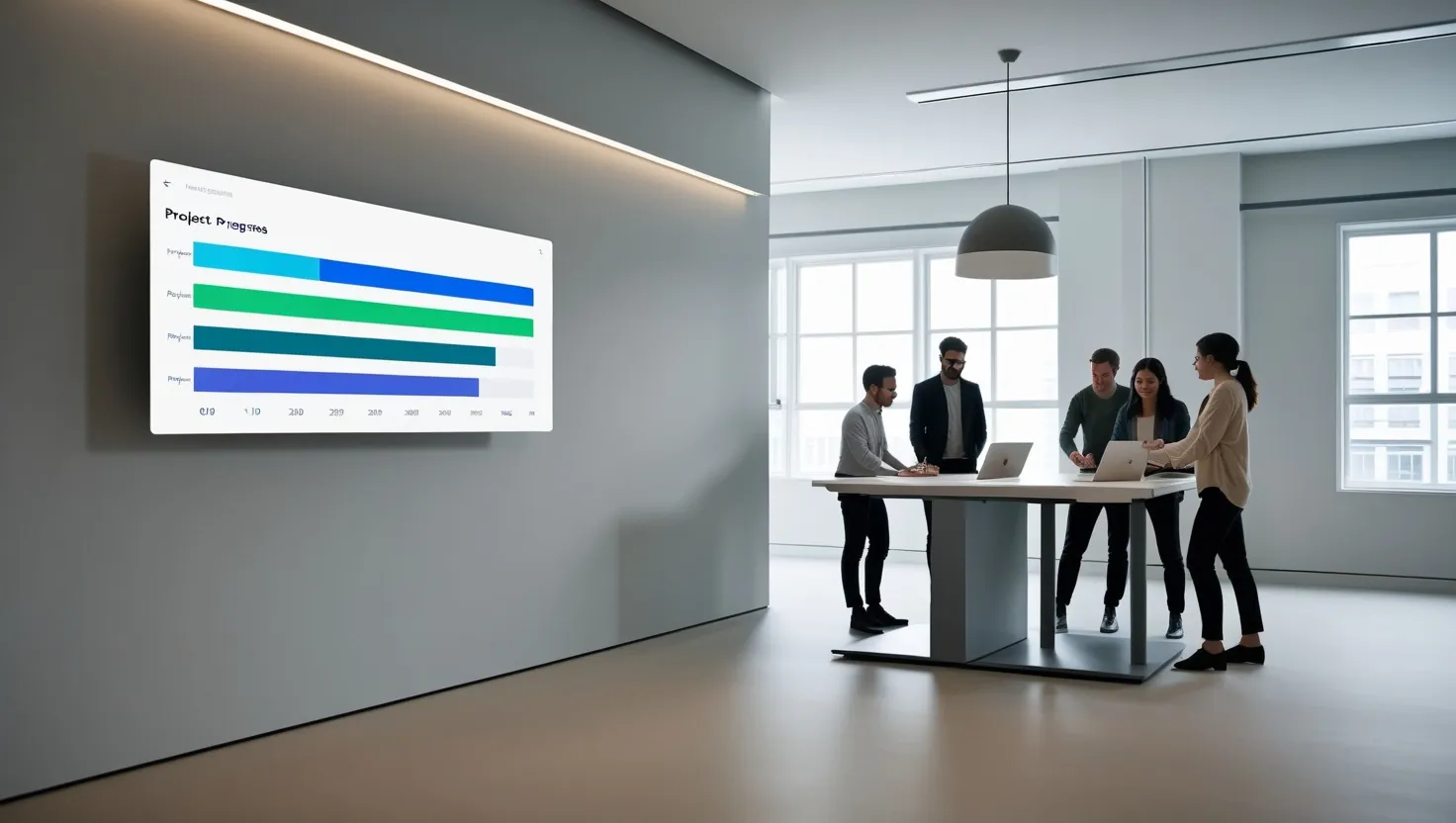Napping: The Secret Weapon for Financial Pros
Ever feel like your brain’s on autopilot during those crucial afternoon hours at work? You’re not alone. In the high-stakes world of finance, staying sharp is everything. But what if I told you there’s a simple trick that could skyrocket your productivity without chugging another cup of coffee?
Enter the power nap. Yeah, you heard that right. Napping isn’t just for lazy Sunday afternoons anymore. It’s becoming the secret weapon of top performers in finance and beyond.
Think about it. You’re knee-deep in spreadsheets, trying to make sense of market trends, when suddenly your mind goes blank. We’ve all been there. That’s when a quick snooze can work wonders. It’s like hitting the reset button on your brain.
But let’s get real for a second. Napping at work? Sounds crazy, right? I mean, what would your boss say? Well, here’s the kicker: some of the biggest names in business are already on board. Companies like Google and Nike have nap rooms. They’re not doing it for fun – they know it boosts productivity.
So, what’s the deal with naps? It’s all about brain science. When you take a short nap, you’re not just resting your eyes. You’re giving your brain a chance to sort through information, clear out the mental clutter, and come back stronger. It’s like defragging your computer, but for your mind.
And we’re not talking about hour-long siestas here. The sweet spot is usually between 10 to 30 minutes. Any longer and you might wake up feeling groggy and wondering what year it is.
Here’s a pro tip: try the coffee nap. Sounds weird, but hear me out. Drink a cup of coffee right before you nap. By the time you wake up, the caffeine kicks in, and you’re ready to conquer the world. Or at least that financial report that’s been giving you grief.
But let’s address the elephant in the room – the stigma. Yeah, napping at work still raises some eyebrows. People might think you’re slacking off. But here’s the thing: results speak louder than words. When you’re outperforming everyone else because you’re well-rested and focused, those skeptics will start wondering what your secret is.
And you’re in good company. Thomas Edison was a big fan of napping. The guy who invented the light bulb knew a thing or two about staying productive. He’d take short naps throughout the day to keep his creative juices flowing. If it worked for him, it can work for us mere mortals in finance.
So, how do you make napping work for you? Start small. Find a quiet spot – maybe your car, an empty conference room, or even under your desk if you’re feeling adventurous. Set an alarm for 15 minutes and give it a shot. You might feel weird at first, but stick with it.
The key is consistency. Try to nap at the same time every day. For most people, that post-lunch slump is the perfect time. Your body naturally gets a bit drowsy after eating, so use it to your advantage.
Now, let’s talk about the benefits. After a good nap, you’ll notice you’re sharper. Those numbers that were blurring together before? They’ll start making sense. You’ll catch mistakes you might have missed. In finance, where a tiny error can cost big bucks, that’s huge.
But it’s not just about avoiding mistakes. Napping can boost your creativity too. Ever notice how sometimes the best ideas come to you when you’re not actively thinking about a problem? That’s your brain working in the background. A nap gives it the space to do its thing.
Imagine you’re working on a tricky investment strategy. You’ve been staring at the data for hours, but nothing’s clicking. Take a quick nap, and suddenly, you might wake up with a fresh perspective. It’s like your brain’s been working on the problem while you were out.
And let’s not forget about stress. Finance can be a pressure cooker. A nap is like a mini-vacation for your mind. It can help lower your stress levels, making you more resilient when things get hectic. And in finance, things always get hectic.
But here’s the thing – napping takes practice. Yeah, I know it sounds ridiculous. How hard can it be to sleep, right? But if you’re not used to it, you might find yourself lying there, thinking about work instead of actually resting. Don’t worry, it gets easier.
Start by creating a nap-friendly environment. If you can, find a dark, quiet spot. Use earplugs or a sleep mask if you need to. Some people even swear by weighted blankets for a quick power nap.
And don’t forget to set boundaries. Let your colleagues know what you’re doing. You don’t want someone barging in and waking you up just as you’re drifting off. Most people will respect your nap time once they see how much more productive you are afterward.
Now, let’s talk about timing. The best time to nap is usually in the early afternoon, around 1-3 PM. That’s when most people experience a natural dip in alertness. But everyone’s different, so experiment to find what works best for you.
And here’s something cool – napping can actually improve your memory. If you’ve got a big presentation coming up or you need to remember a ton of financial data, a nap can help solidify that information in your brain. It’s like hitting the save button on your mental work.
But what if you can’t fall asleep? Don’t sweat it. Even just lying down and closing your eyes for a few minutes can be beneficial. It’s all about giving your mind a break from the constant influx of information.
Now, I know what you’re thinking. “This sounds great, but I’m way too busy for naps.” I get it. The finance world moves fast. But think of it this way – a 20-minute nap can make the next few hours of your workday way more productive. It’s an investment in yourself.
And let’s be real – we’ve all had those days where we’re just staring at our screens, not really getting anything done. Wouldn’t it be better to take a quick nap and come back refreshed?
But here’s the most important thing – consistency. Napping isn’t a one-time fix. It’s a habit you need to build. Start by trying it once or twice a week. See how it affects your work. Chances are, you’ll start looking forward to your nap time.
And don’t be surprised if your colleagues start getting curious. You might just start a napping revolution in your office. Imagine being known as the person who boosted the whole team’s productivity. Not a bad reputation to have, right?
So, next time you’re feeling that afternoon slump, don’t reach for another energy drink. Find a quiet spot, set your alarm, and give yourself permission to nap. Your future, well-rested, super-productive self will thank you.
Remember, in the world of finance, every edge counts. And napping might just be the edge you need to stay ahead of the game. So go ahead, take that power nap. Your career (and your sanity) will thank you for it.






